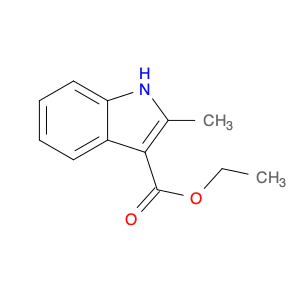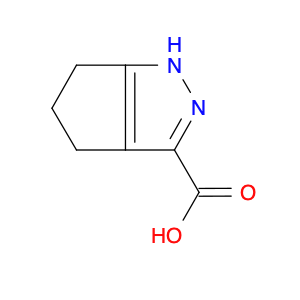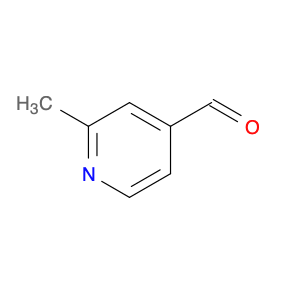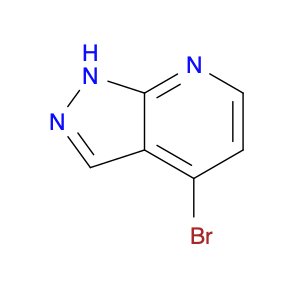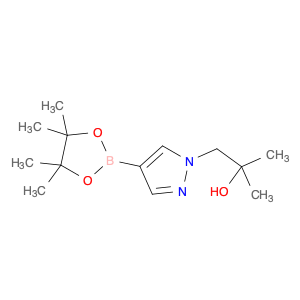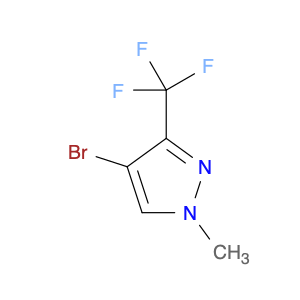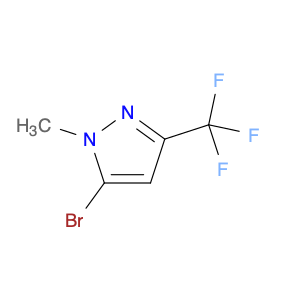Ethyl 2-methyl-1H-indole-3-carboxylate, a versatile compound in chemical synthesis, serves as a crucial building block for the generation of various pharmaceuticals, agrochemicals, and specialty chemicals. Its unique chemical structure offers opportunities for diverse functionalization and modification, making it an essential intermediate in organic synthesis.In the realm of medicinal chemistry, Ethyl 2-methyl-1H-indole-3-carboxylate plays a pivotal role in the development of novel drug candidates due to its ability to influence biological activities. By incorporating this compound into synthetic pathways, researchers can access a wide range of bioactive molecules with potential therapeutic applications. From target-specific drug design to structure-activity relationship studies, the versatility of Ethyl 2-methyl-1H-indole-3-carboxylate enables the creation of innovative pharmaceutical agents.Moreover, in the field of agrochemical synthesis, this compound provides a valuable platform for designing next-generation pesticides, herbicides, and fungicides. Its structural features can be tailored to impart desired biological properties, enhancing the efficacy and selectivity of crop protection products. Through strategic modifications of Ethyl 2-methyl-1H-indole-3-carboxylate, chemists can explore new avenues for addressing agricultural challenges and advancing sustainable farming practices.Additionally, Ethyl 2-methyl-1H-indole-3-carboxylate serves as a key component in the synthesis of specialty chemicals with diverse industrial applications. By harnessing its synthetic potential, manufacturers can create advanced materials, fine chemicals, and performance-enhancing additives for a wide range of sectors, including cosmetics, polymers, and flavor compounds. The versatility and reactivity of this compound make it a valuable asset for expanding the scope of chemical synthesis and driving innovation across various industries.
 sales@aaronchem.com
sales@aaronchem.com
